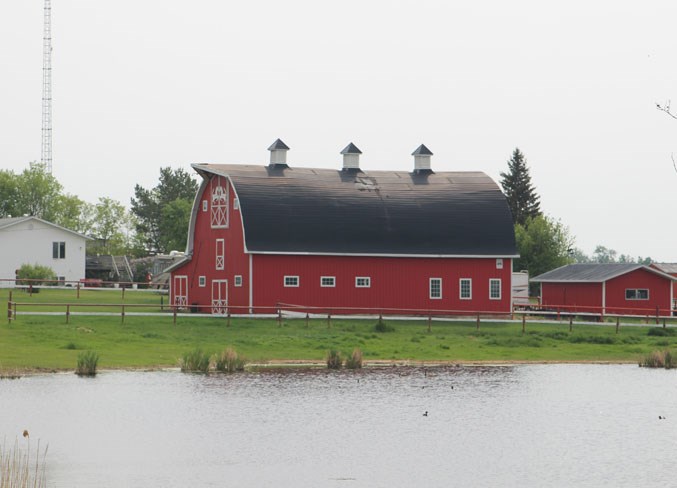A new report puts the mental health struggles of the agriculture community in the spotlight while offering suggestions to address the issue.
”Farming is an extremely tough business,” noted Kellie Nichiporik, environmental program manager for the Lakeland Agriculture Research Association (LARA) in an email. “Not only are you at the mercy of mother nature, but there are so many external factors that affect the industry that are out of the producer’s control.”
Released by the Standing Committee on Agriculture and Agri-Food on May 28, the report states that mental health problems are reaching crisis proportions in Canada.
Farmers, ranchers, and their families are facing high levels of stress, depression, and even suicidal thoughts, the report states.
Gordon Graves, Alberta Beef Producers Zone 8 director and Iron River farmer, believes the issue needs to be addressed by agriculture organizations to assist those struggling.
”In any other industry there’s aid, support, and acceptance. I think it’s time that we as a commodity... accepted it on our level and then worked with governments and agencies that are out there to see what we can do about it,” he exclaimed.
According to Nichiporik, there are a number of uncertainties included in farming that producers have to deal with, such as market unpredictability, price fluctuations, and weather.
Matt Janz, a hobby farmer in the MD of Bonnyville, noted a big factor contributing to the mental health of agricultural workers is the economy.
”They don’t get to choose how much they sell their products for. They have to go with what the economy is able to support, and local prices, which sometimes doesn’t cover their costs and they take losses. It’s a challenging part,” expressed Janz.
Government regulations, such as tax changes and the carbon tax, public perspective of farming, and attacks on social media are among the reasons farmers experience mental health concerns the summary noted. Over the course of a year, the committee heard from 58 witnesses during 17 meetings.
Recommendations on how to cope with mental health struggles include exploring a national strategy and consulting with the industry before new policies or regulations are put into place that would affect their business.
Rethinking the way mental health services are delivered to farmers was suggested by witnesses to the committee, and letting them know their struggles aren’t an isolated incident.
Provinces such as Quebec have a program through Au Coeur des Familles Agricoles, a not-for-profit organization that offers free support services to farmers, that sends rural outreach workers on “milk runs” to meet with producers to detect and prevent mental health problems.
Robert Olson, librarian with the Centre for Suicide Prevention, noted these initiatives offer new approaches to getting the word out to those suffering from issues such as suicidal thoughts.
”There’s a lot of myths about it out there and a lot of misconceptions. The more we talk about it and bring it into our everyday conversation, the fear, misinformation, and myths will, hopefully, become dispelled,” he explained.
Although there could be services available locally for farmers, Graves believes ranchers may not access them because they “don’t want to admit” they’re struggling.
”We just bite the bullet, suffer in silence, and in extension, our families and communities suffer as well,” he continued.
Nichiporik added, “There’s a stigma of mental health that can prevent producers from seeking help. We all go to the doctor for physical ailments, however, we neglect our mental health.”
The report also suggested the federal government should work with provinces to develop programs that can be implemented into the education curriculum to educate Canadians about the work and care farmers take when it comes to their crops and animals.
”People are losing that connection to the farms, so they’re losing that farmers are actually stewards of the land... Sometimes farmers get painted with the brush of using pesticides and doing more harm than good, whereas, I feel as a municipal worker working with those ag producers and as a hobby farmer myself, there’s no better stewards of the land to look after mother nature than farmers,” detailed Janz.
While the summary was startling, Graves believes it’s a “good start” when addressing the topic.
”The fact that it’s even being looked at is 10 steps forward. The issue would be taking it to the next level. Baby steps are how we have to address it, we can’t make one leap and it’s fixed. This is the baby step, but it’s the first important baby step,” he expressed.



